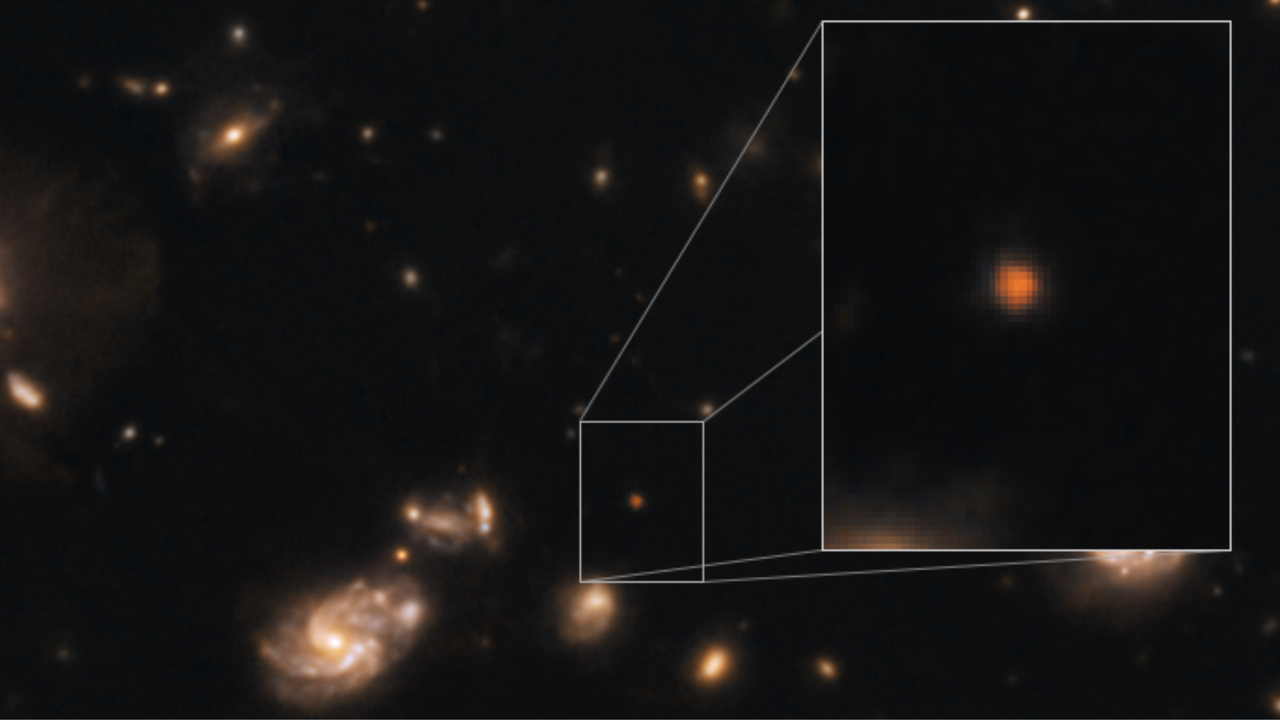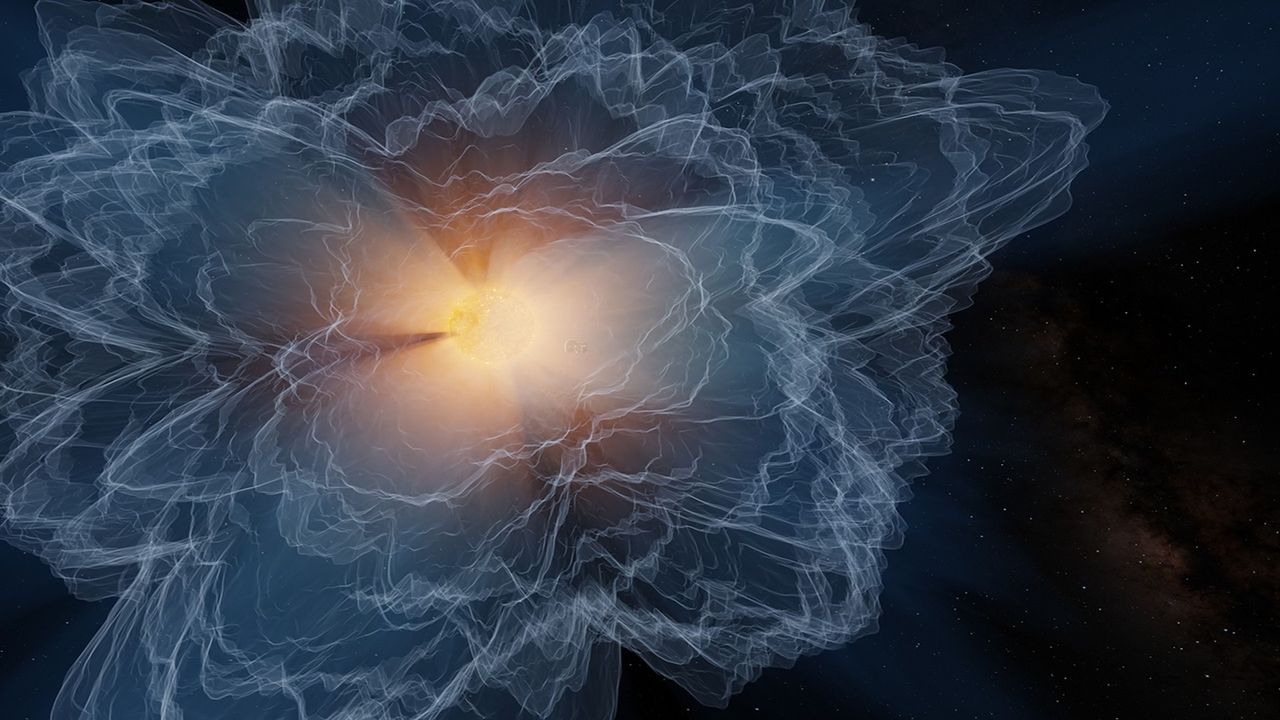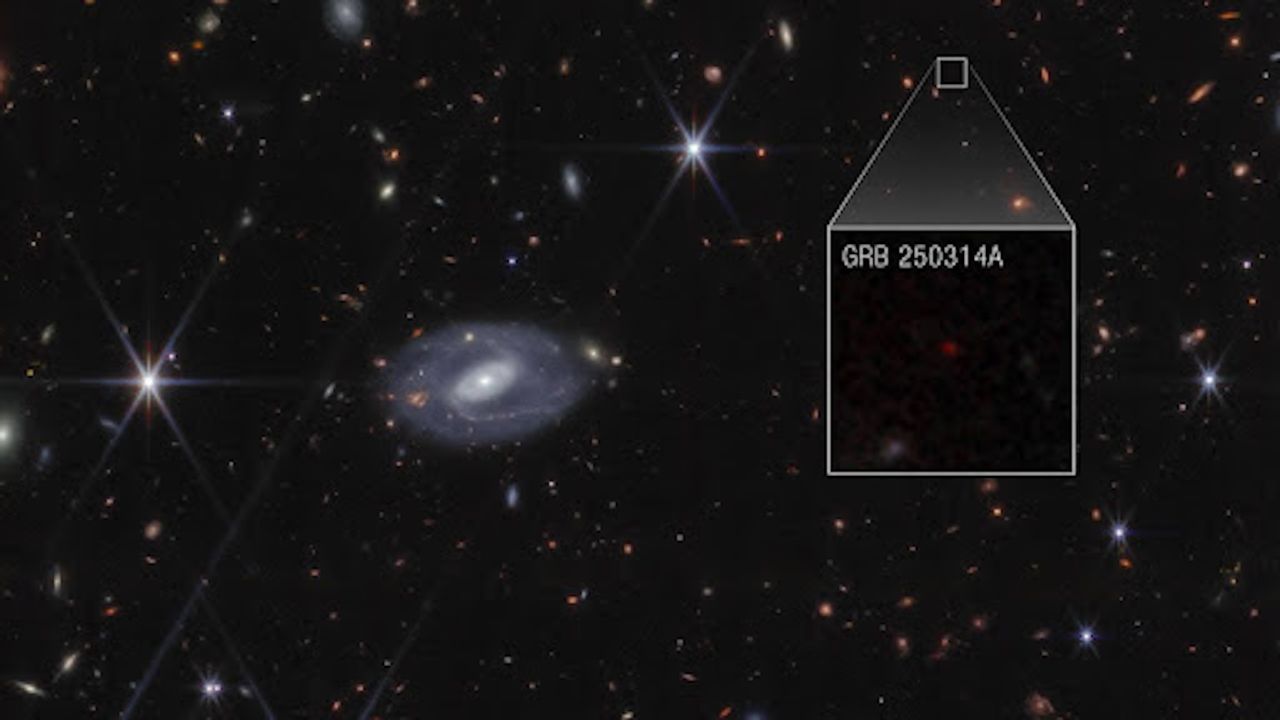'Puzzling' object discovered by James Webb telescope may be the earliest known galaxy in the universe
PositiveScience

Astronomers using the James Webb Space Telescope have made a remarkable discovery, identifying an object named Capotauro that may be the earliest known galaxy in the universe. This finding is significant as it could reshape our understanding of galaxy formation and the early universe, providing insights into cosmic history that have long puzzled scientists.
— via World Pulse Now AI Editorial System


